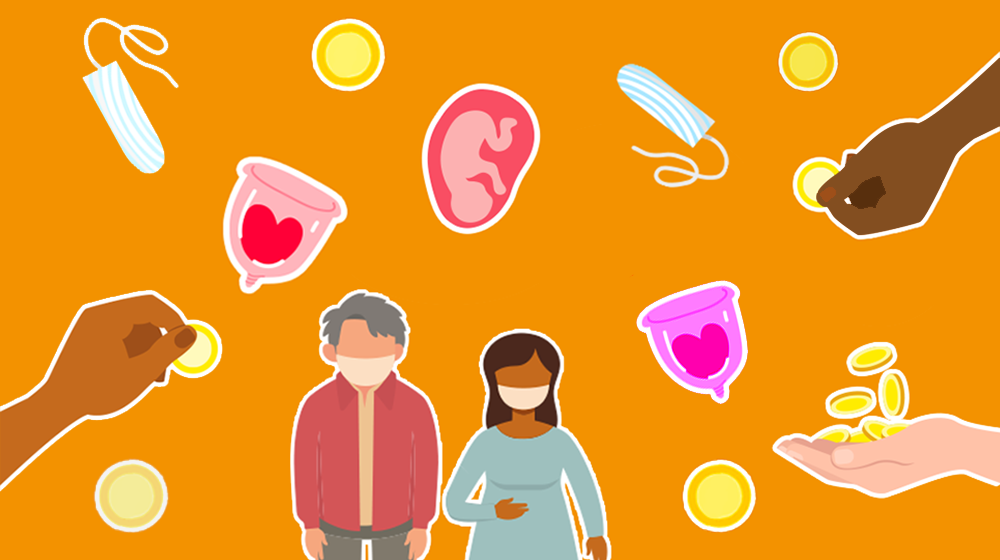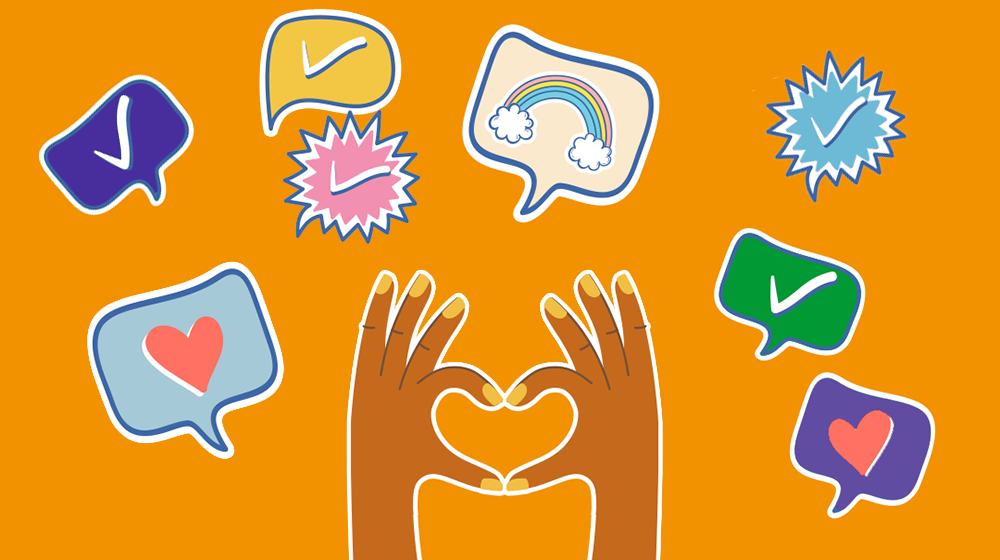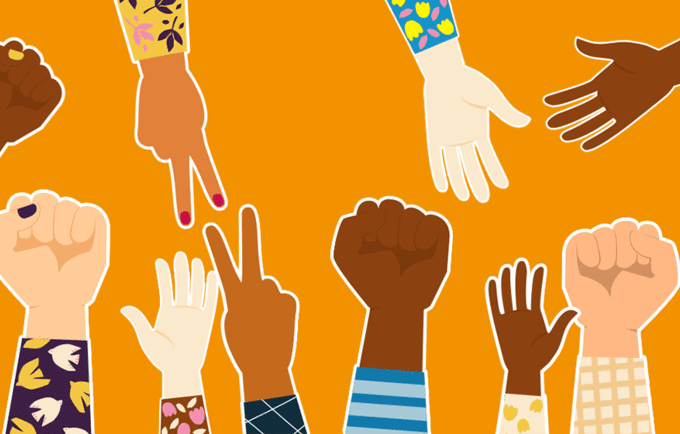UNITED NATIONS, New York – Officially, the COVID-19 pandemic has sickened 11 million people and left more than half a million dead. But the full toll of this catastrophe has been incalculably greater. Health systems have been overwhelmed. Economies have been shuttered. And women and girls have been disproportionately affected, with sexual and reproductive health services being curtailed and gender-based violence on the rise.
Today, 11 July, is World Population Day, a moment to raise awareness of the sexual and reproductive health needs of people around the world. This year, UNFPA is calling attention to the needs and vulnerabilities of women and girls amid the global pandemic, and the efforts needed to secure their health and human rights.
“No organization or country can do this alone,” said Dr. Natalia Kanem, UNFPA’s Executive Director, in a statement.
Heightened risks to women
Around the world, women face a variety of heightened risks due to the pandemic.
Front-line health workers – the majority of whom are women – face a direct risk of illness from COVID-19, for instance. But even women and girls outside the health sector can face risks. Those requiring sexual and reproductive health services can face anxiety about exposure to the virus while seeking care, or they may forgo care entirely. Other women are not able to receive care at all due to movement restrictions and curbed health services.
Many hospitals and health centres have reported a decline in the number of women and girls receiving critical sexual and reproductive health services, including antenatal services, safe delivery services and family planning care.
UNFPA and partners estimate that six months of significant health service disruptions could result in 47 million women in low- and middle-income countries going without contraceptives, leading to an additional 7 million unintended pregnancies. The number of maternal deaths is expected to increase.
UNFPA is working to sustain continued access to reproductive health services and supplies. In Egypt, UNFPA initiated the development of COVID-19 standard operating procedures for service providers for antenatal, delivery and postnatal services. The SOPs are designed for physicians at primary healthcare centers and hospitals, including isolation hospitals. UNFPA is also delivering 10,000 hygiene kits to frontline health service providers and patients of a large-scale Breast Cancer Hospital (Baheya).

Humanitarian settings
Circumstances are even more harrowing in humanitarian settings.
Humanitarian support was also essential for 19-year-old Afra Muhammad, in Syria, who faced life-threatening pregnancy complications in the Rukban displacement camp.
UNFPA and the Syrian Arab Red Crescent arranged emergency transport for her – a process that took two weeks of planning and two more weeks of travel. Finally, Afra arrived at the Family Planning Hospital in Homs, where she delivered a daughter via Caesarean section.
Though she is relieved to have had a safe delivery, she remains fearful about COVID-19. “I am so worried about my baby, and especially during the coronavirus pandemic,” she told UNFPA.
Elsewhere in Syria, women are reporting heightened levels of gender-based violence – echoing a phenomenon seen globally.
“During the curfew period, I have met a lot of women who face violence by their husbands,” said Ghadeer Mohammed Ibrahim Qara Bulad, director of the Women’s Development Project at the Islamic Charitable Association.

Gender-based violence
Rising household tensions, exacerbated by economic pressures and movement restrictions, are sparking violence around the world. Women sheltering at home with their abusers often have nowhere to turn. And new forms of violence may be increasing, including cyber violence.
UNFPA estimates that six months of lockdowns could lead to 31 million additional cases of gender-based violence, and an additional 15 million more cases for every three months the lockdown continues.
To make matters worse, access to shelters and in-person counselling has been limited by the pandemic. UNFPA and partners are working to continue services for survivors wherever possible, and to increase remote operations.
In Palestine, the demand for counselling services saw a spike. with households facing lockdown, financial pressures and anxiety related to the pandemic, experts say there has been a dramatic increase in calls for help.
More than 15 West Bank organizations specializing in services for survivors of gender-based violence have shifted to remote operations, and nine such organizations in Gaza have made the switch.
“Sometimes I feel that this is a nightmare that I will eventually wake up from, but the nightmare is never-ending and I do not know how much longer I can handle this,” T.C.* told UNFPA.
The world must redouble such efforts, Dr. Kanem said: “As the global community comes together in solidarity to survive this pandemic, we lay the foundation for more resilient, gender-equal societies and a healthier, more prosperous future for all.”


